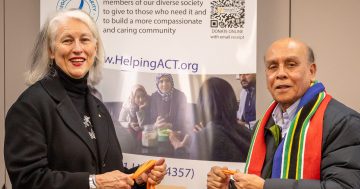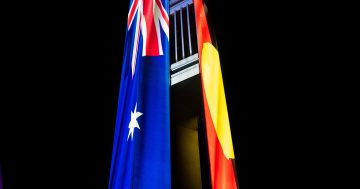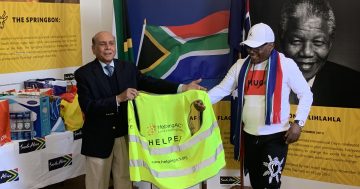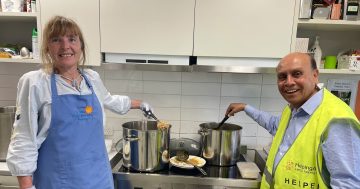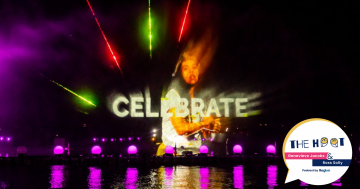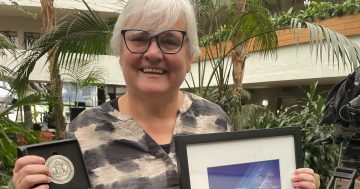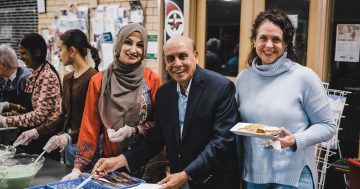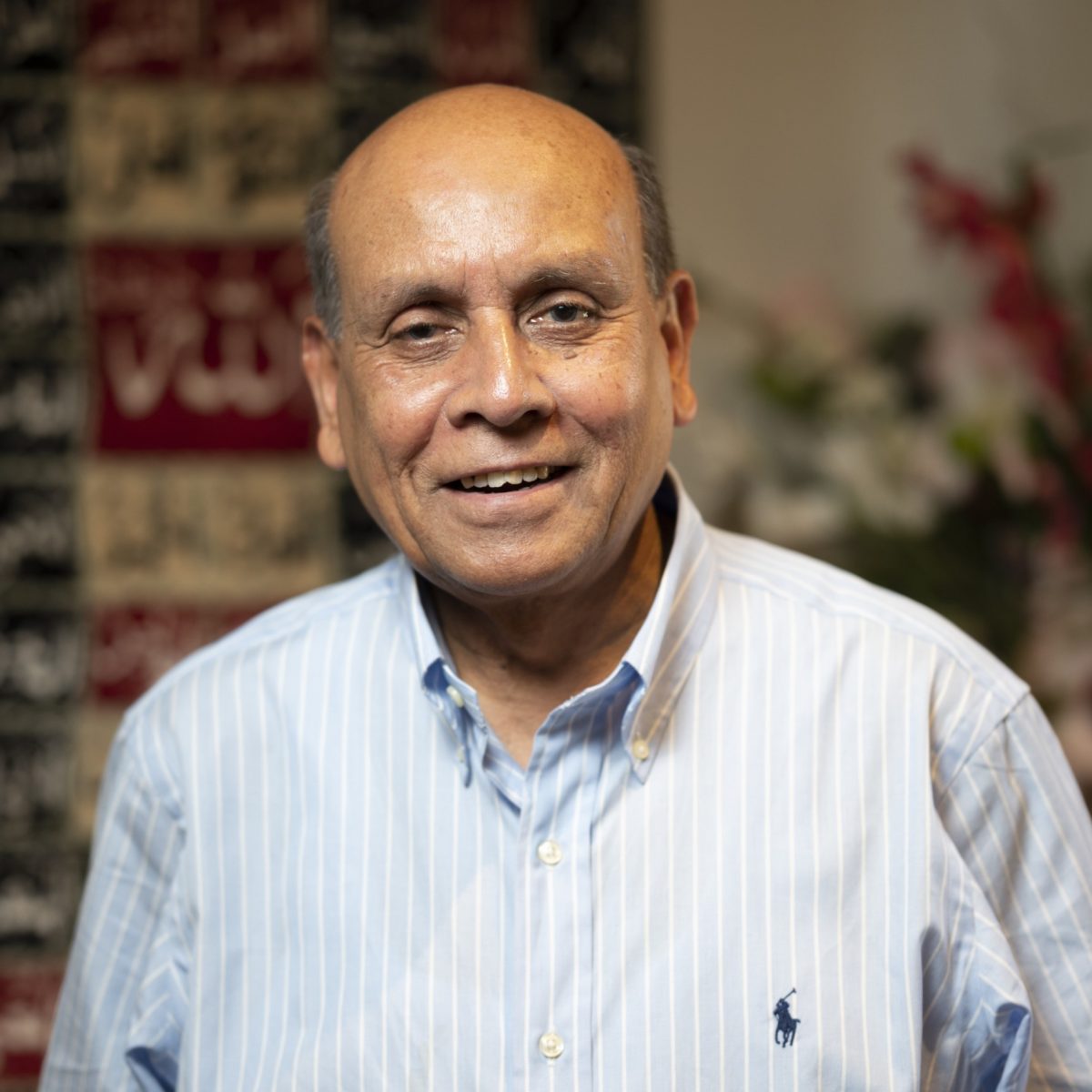
Mohammed Ali says that Australia Day should mark unity and inclusiveness. Photo: File.
Imagine this: your country has fallen under the control of people who don’t believe you have any meaningful rights as a human being. Perhaps it’s because of your religion, your gender, or who you choose to love.
You decide to leave, risking your life to do so. Perhaps your family gets out too. Perhaps they don’t. If they escape, there’s still a strong possibility of lasting trauma. If they don’t leave, their lives are at constant risk.
On 26 January, many of Canberra’s multicultural community gathered to mark Australia Day at a lunch for refugees and asylum seekers organised by Helping ACT.
Among them were many recently arrived Afghan refugees. They included athletes, academics, and one woman who had previously held a senior role in the country but whose life would be under daily threat from the Taliban because of who she is and what she represents.
Her family is safe, but for some members, the scenes at Kabul airport as the Karzai government fell are the stuff of traumatising nightmares.
For her family, this is not a perfect country, but one where much is good and right. They’re safe. Her qualifications have been recognised and she is returning to employment. Most of her family are together and they are free to go about their everyday lives.
This is central to “the dream of a multicultural Australia” for Helping ACT’s founder and Canberra Citizen of the Year, Mohammed Ali.
“We are many and we are one is the intent behind our lunch, from all the guests to our volunteers and longtime friends,” he says.
“It’s important that all the colours of Australia come together and, symbolically, if we can do this on Australia Day, that is a blessing.
“We have Afghani guests, some of whom have only been here two months. We have Iranian families. We have friends like [migration agent] Marion Le and [Human Rights Commissioner] Helen Watchirs and our MLAs who have been working for social justice for years.”
Wendy, one of the lunch volunteers, is now a permanent resident, but her Sri Lankan home has been rent by violence in recent years.
“When I think about Australia Day, it’s not necessarily a date for me,” she says. “It doesn’t have to be 26 January, but it’s a point of pride to live in this country as an immigrant, and I have been thinking about what that means.
“If I could say anything to the people who are afraid of Australia becoming more and more multicultural, it’s that we love this country. People are not coming to destroy your culture or society. There’s a reason we have fought tooth and nail to be here and it’s not malice or destructive intent.
“I have found my family here, I have found love here, I have found my friends and my community.”
There are plenty of arguments about Australia Day and its thorny contradictions. They’re not easy to resolve, between arguments about changing the date and questions over what the day should mean.
For many over the generations, it’s been a fairly simple equation: Australia means safety, peace and shelter. Children can go to school, hospitals will care for you and elections are free and fair.
Canberra is probably the safest and most universally prosperous place in Australia and certainly among the most inclusive. That makes this among the best places in the world to live.
From those to whom much has been given, much is expected. As we debate Australia Day, consider the Voice and turn ourselves inside out about what sort of country we are – and want to be – let’s recall that while we’ve got problems to solve, we’ve also got a lot of things right.
We are one, and we are many, and from all the lands on earth we come.












